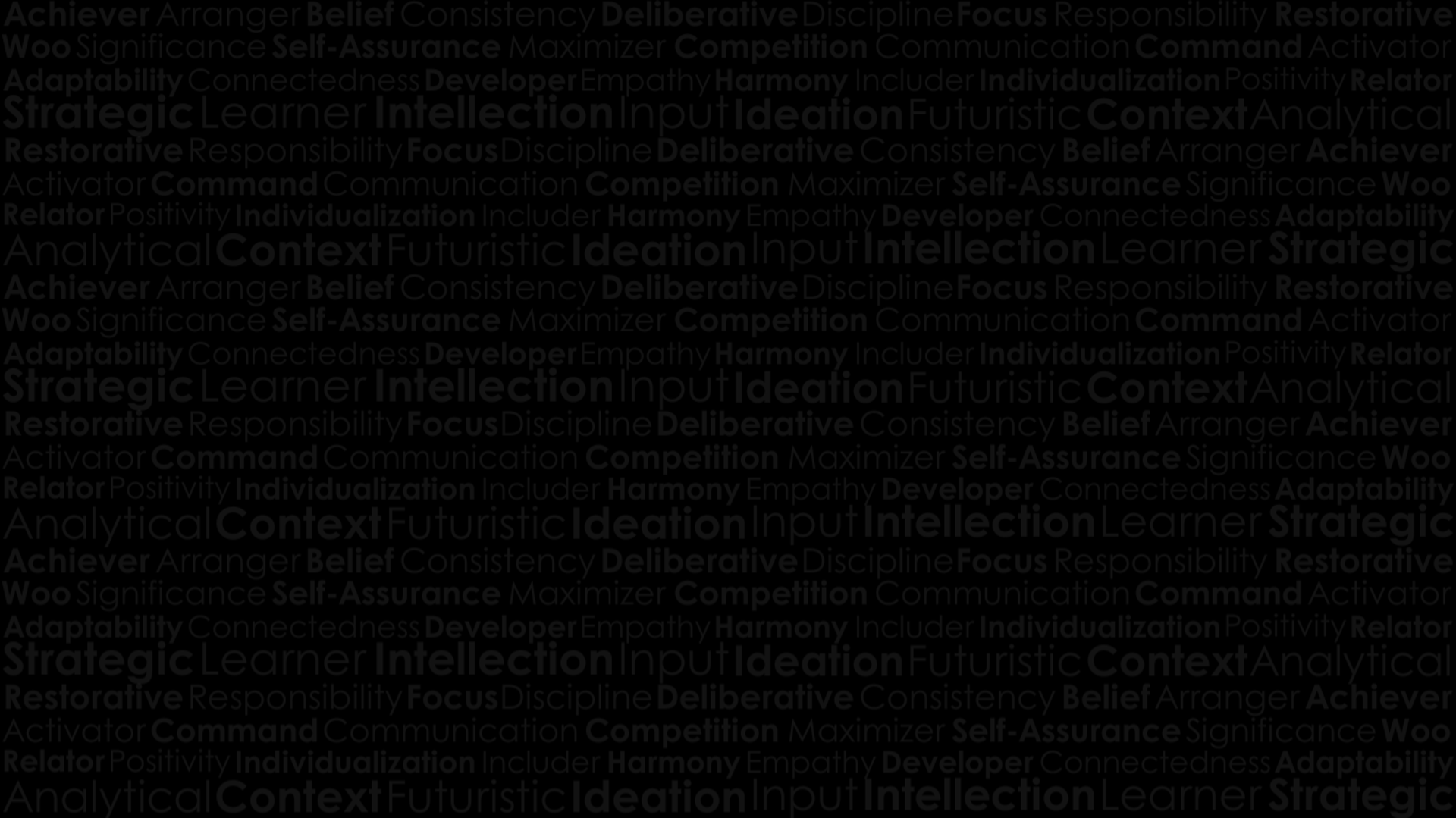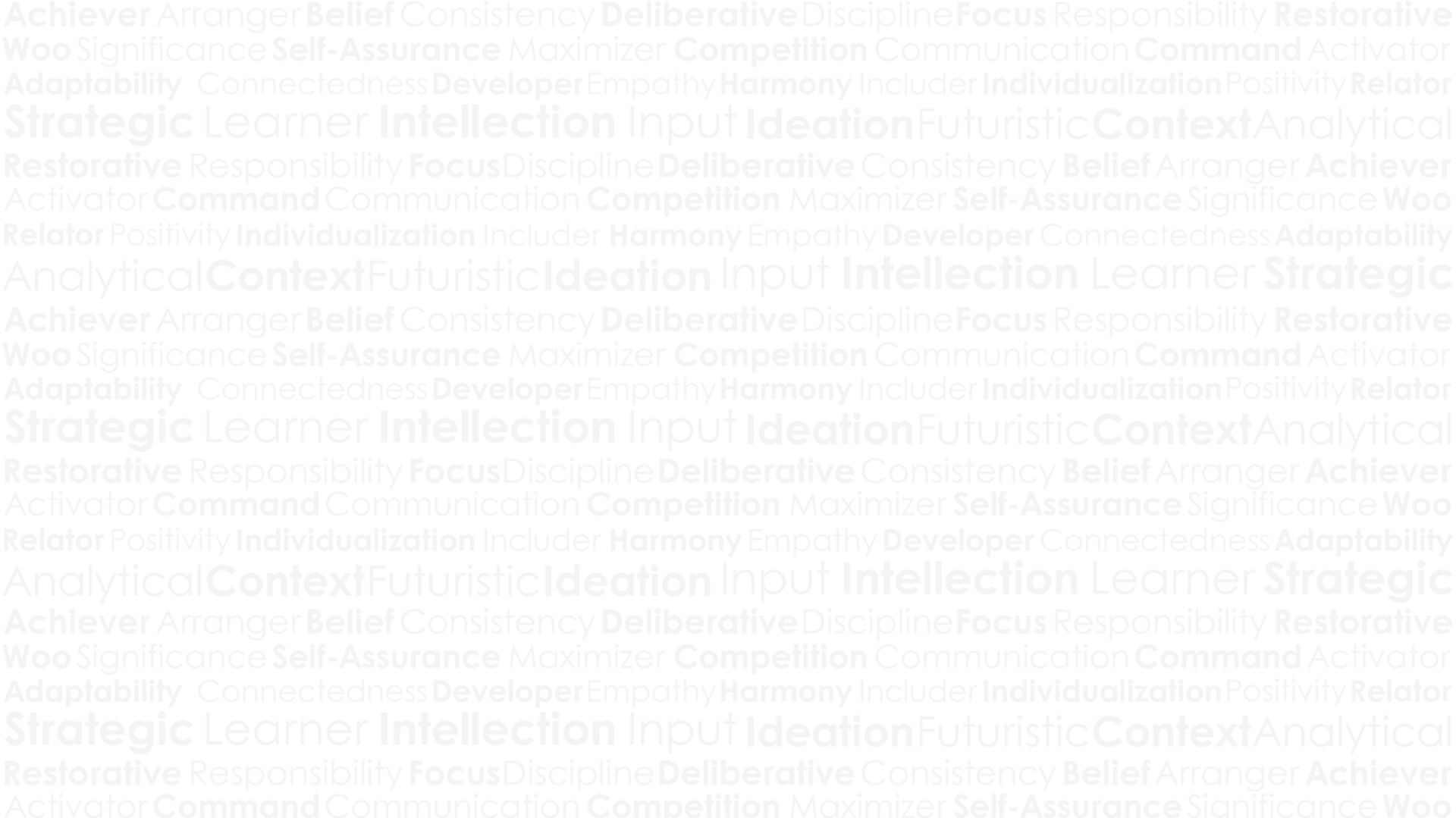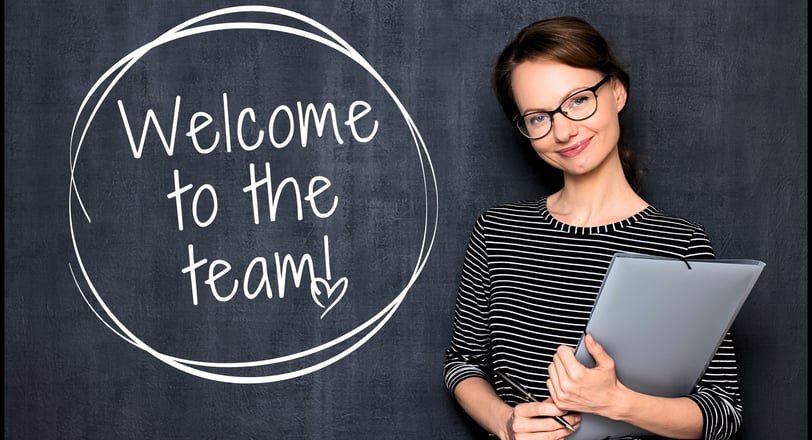
LGBTQ Allies: Creating an Inclusive Workplace
Explore actionable strategies for allies to create an inclusive workplace for LGBTQ professionals and foster a culture of acceptance and diversity!
Miles Bedache Lynk
10/25/20244 min read



Introduction
The workplace should be a space where everyone, regardless of their sexual orientation or gender identity, feels valued and accepted. Allies play a crucial role in fostering an inclusive environment for LGBTQ professionals. This blog explores actionable strategies that allies can implement to support their LGBTQ colleagues and create a culture of acceptance and diversity.
Before we dive in, I invite you to download my FREE REPORT, 'Thriving in the Workplace: LGBTQ Professionals & CliftonStrengths®,' to discover valuable insights and strategies tailored for LGBTQ professionals.
Understanding Allyship
Allyship goes beyond simply being supportive; it involves actively advocating for and standing up for the rights and well-being of LGBTQ individuals. Allies can be individuals of any sexual orientation or gender identity who seek to promote inclusivity and challenge discriminatory practices.
Definition of Allyship: An ally is someone who uses their privilege to support marginalized communities. This support can manifest in various ways, including speaking up against discrimination, advocating for inclusive policies, and educating oneself about LGBTQ issues.
Importance of Allyship: Research shows that inclusive workplaces lead to higher employee satisfaction, engagement, and retention. When allies actively promote diversity, they help create an environment where LGBTQ professionals can thrive.
Promoting Open Dialogue
Creating a culture of open dialogue is essential for fostering inclusivity. Allies can facilitate conversations that allow LGBTQ colleagues to share their experiences and challenges.
Encourage Conversations: Initiate discussions about diversity and inclusion, ensuring that everyone feels safe to express their thoughts and experiences. This can be done through team meetings, workshops, or informal gatherings.
Active Listening: Practice active listening, demonstrating empathy and understanding. Allow colleagues to share their stories without interruption and validate their experiences.
Creating Safe Spaces: Establish safe spaces where LGBTQ employees can speak freely without fear of judgment or reprisal. This may involve setting up employee resource groups (ERGs) or diversity councils.
Advocating for Policy Changes
Allies have a unique opportunity to influence organizational policies that promote inclusivity for LGBTQ employees.
Anti-Discrimination Policies: Advocate for the implementation and enforcement of anti-discrimination policies that protect LGBTQ employees from harassment and bias.
Inclusive Benefits: Encourage organizations to offer benefits that cater to the needs of LGBTQ employees, such as healthcare coverage for same-sex partners, gender-affirming care, and mental health resources.
Employee Resource Groups (ERGs): Support the creation and sustainability of ERGs focused on LGBTQ issues. These groups can provide a platform for networking, mentorship, and advocacy.
Educating Yourself and Others
Continuous learning is essential for allies to be effective supporters of LGBTQ professionals.
Self-Education: Take the initiative to educate yourself about LGBTQ issues, terminology, and history. This can be achieved through reading books, attending workshops, and following LGBTQ advocates on social media.
Sharing Knowledge: Share your knowledge with colleagues, promoting a culture of learning and understanding within the organization. Organize lunch-and-learn sessions or workshops focused on LGBTQ topics.
Encouraging Cultural Competency Training: Advocate for training programs that focus on diversity, equity, and inclusion, ensuring that all employees are educated on LGBTQ issues and cultural competency.
Being an Active Bystander
Allies should be prepared to intervene in situations where they witness discrimination or bias against LGBTQ individuals.
Recognizing Microaggressions: Educate yourself about microaggressions—subtle, often unintentional, discriminatory comments or behaviors. Recognizing these instances is the first step in addressing them.
Intervening Effectively: When witnessing discriminatory behavior, feel empowered to intervene. This can involve directly addressing the behavior, supporting the affected individual, or reporting the incident to management.
Creating a Culture of Accountability: Encourage colleagues to hold each other accountable for their actions. Promote a culture where everyone feels responsible for maintaining a respectful and inclusive environment.
Building a Supportive Network
Building a network of allies within the workplace can amplify efforts to create an inclusive environment.
Collaboration: Collaborate with LGBTQ employees to identify areas for improvement and develop strategies for fostering inclusivity.
Networking Events: Organize networking events that bring together LGBTQ professionals and allies. These gatherings can foster relationships, encourage collaboration, and provide a platform for sharing experiences.
Mentorship Programs: Establish mentorship programs that connect LGBTQ employees with allies who can provide guidance, support, and career development. This can create a structured environment for fostering relationships and facilitating professional growth.
Fostering an Inclusive Culture
Allies can also play a significant role in shaping the overall culture of inclusivity within their organizations.
Lead by Example: As an ally, your behavior sets the tone for others. Model inclusive language and behaviors, showing that diversity is valued and respected within the workplace.
Celebrate LGBTQ Events: Actively participate in and promote LGBTQ events, such as Pride Month or National Coming Out Day. Supporting these events can demonstrate solidarity and commitment to inclusivity.
Feedback and Improvement: Encourage ongoing feedback from LGBTQ colleagues about the workplace environment. Use this feedback to make improvements and adjust policies to better support inclusion.
Creating a Long-Term Impact
True allyship is an ongoing commitment that requires continuous learning, advocacy, and engagement.
Commit to Lifelong Learning: Remind yourself that being an effective ally is a journey. Stay informed about LGBTQ issues and current events, and be willing to adjust your understanding based on new information.
Encourage Dialogue: Foster a culture of continuous dialogue around diversity and inclusion, inviting all employees to participate in these conversations. Regular discussions can keep inclusion at the forefront of workplace priorities.
Measure Impact: Work with leadership to establish metrics for assessing the effectiveness of diversity initiatives. By measuring the impact of allyship efforts, organizations can make data-driven decisions to improve inclusivity.
Conclusion
Creating an inclusive workplace requires the commitment of allies who are willing to advocate for LGBTQ professionals and challenge discriminatory practices. By promoting open dialogue, advocating for policy changes, and educating themselves and others, allies can play a pivotal role in fostering a culture of acceptance and diversity. Together, we can build workplaces where everyone, regardless of their sexual orientation or gender identity, feels valued and empowered to thrive.
To dive deeper into strategies for thriving in the workplace as an LGBTQ professional, be sure to download my FREE REPORT, Thriving in the Workplace: LGBTQ Professionals & CliftonStrengths®.

CONTACT
(866) 356-8066
Miles@UDOUCoach.com
Copyright © 2024 | UDOU Coaching & Consulting, LLC | All Rights Reserved

